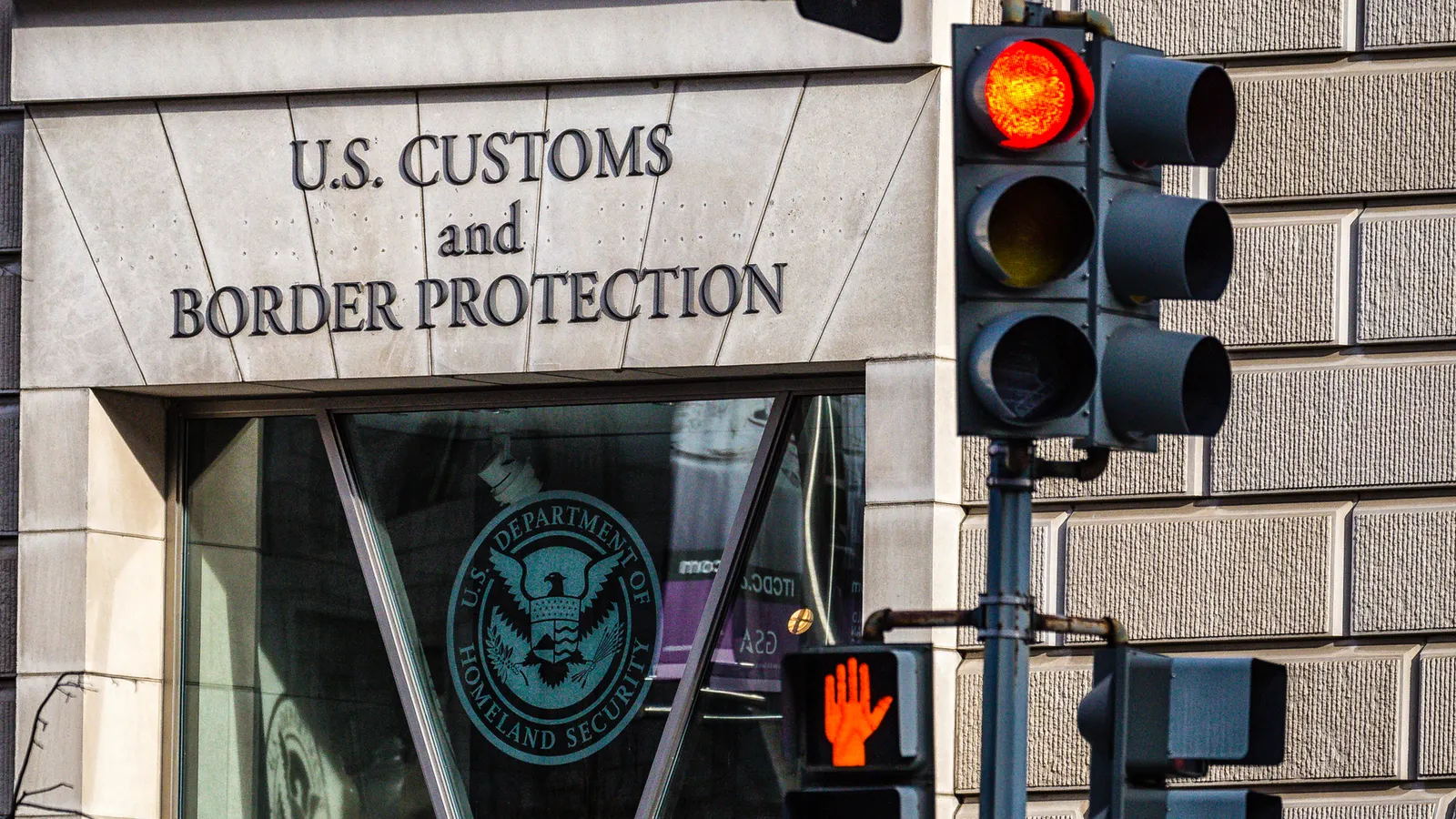Overview of the Regulatory Changes
Recently, a significant shift has occurred in the handling of de minimis imports regulated by the U.S. Food and Drug Administration (FDA). These changes are set to impact logistics and shipping processes for a variety of consumer goods.
Previously, items valued under $800, such as cosmetics and electronics, could breeze through customs without necessitating FDA notification. Now, under new guidelines from Customs and Border Protection, all FDA-regulated imports demand submission for agency review, regardless of their quantity and value.
What is Changing?
The alteration revokes exemptions that allowed certain low-value products to bypass FDA scrutiny. Instead, all imports falling under FDA regulation will face the same entry requirements. This includes various consumer goods previously able to be imported without oversight, extending to:
Cosmetics
Dinnerware (like utensils)
Non-medical radiation-emitting devices, such as microwaves and televisions
Biological laboratory samples
食品, excluding certain items like ackees, pufferfish, and raw shellfish
Required Import Documentation
With these updates, affected products will need to include pertinent FDA data elements for an Entry Type 86 filing, which simplifies the import process for de minimis shipments. Logistical providers emphasize the importance of accurately providing FDA product codes, intended use, and manufacturer details during submission.
后勤影响
As logistics providers adapt to the new compliance landscape, potential delays can arise. Coppersmith has pointed out that failure to meet compliance accurately can lead to holds, refusals, or even enforcement actions against importers, especially if violations are recurrent. In a logistics world that demands efficiency, these delays are the last thing a business needs.
Enhancing Review Capabilities
According to the bulletin from CBP, the advancement in 技术 has enabled the FDA to review all electronically transmitted products for import, allowing the agency to facilitate legitimate trade while thwarting the entry of non-compliant goods.
Historical Context
This tightening of regulations follows broader trends in customs enforcement, particularly against low-value imports. There has already been an elimination of certain exemptions, specifically for imports from China and Hong Kong, signaling a move towards stricter controls across the board. By July 1, 2027, all exemptions for low-value imports are slated to be fully put into effect.
Impact on Global Shipping
Understanding the intricacies of these changes is essential, especially as they ripple through the broader landscape of global logistics. The U.S. FDA’s role in regulating product imports is crucial, and as companies scramble to adapt, they must also account for the impact on their supply chains.
What This Means for Businesses
Businesses relying on international shipping should prepare for increased scrutiny of their imported goods. The revised framework means greater responsibility for companies to ensure that all required documentation is submitted correctly. Any lapses could disrupt not just shipments but could lead to hefty penalties that hit the bottom line hard.
To remain compliant while continuing to operate efficiently, companies can leverage the services of logistics platforms like GetTransport.com. The platform offers global cargo transportation solutions, making it easier for businesses to navigate these changes without missing a beat.
主要收获
All FDA-regulated de minimis imports now require agency review.
Previous exclusions for low-value products have been rescinded.
Streamlined entry processes will demand precise documentation.
Many products will now face increased compliance scrutiny upon importation.
结论
Let’s face it, navigating the logistics minefield is no picnic, especially with such sweeping regulatory changes. Understanding how these new rules will affect your supply chain provides businesses with an opportunity to streamline their operations and remain compliant. The implications of these new rules extend beyond basic entry processes:
货物 和 运费 forwarding will require more rigorous documentation.
Delays in compliance could lead to logistical snags, impacting delivery schedules.
Clear communication with logistics partners becomes increasingly vital.
Even in the best of circumstances, straightforward reviews and thorough compliance processes can often feel overwhelming. A personal experience and insights can be invaluable in navigating these changes. With GetTransport.com, you can easily arrange for your next 货载 transportation globally at affordable prices. Having access to a reliable platform simplifies logistics challenges, allowing you to move right along without getting bogged down by regulatory hurdles. For unparalleled convenience and transparency, don’t hesitate to 立即预订 于 GetTransport.com.

 美国食品和药物管理局(FDA)监管的更严格进口审查程序生效">
美国食品和药物管理局(FDA)监管的更严格进口审查程序生效">